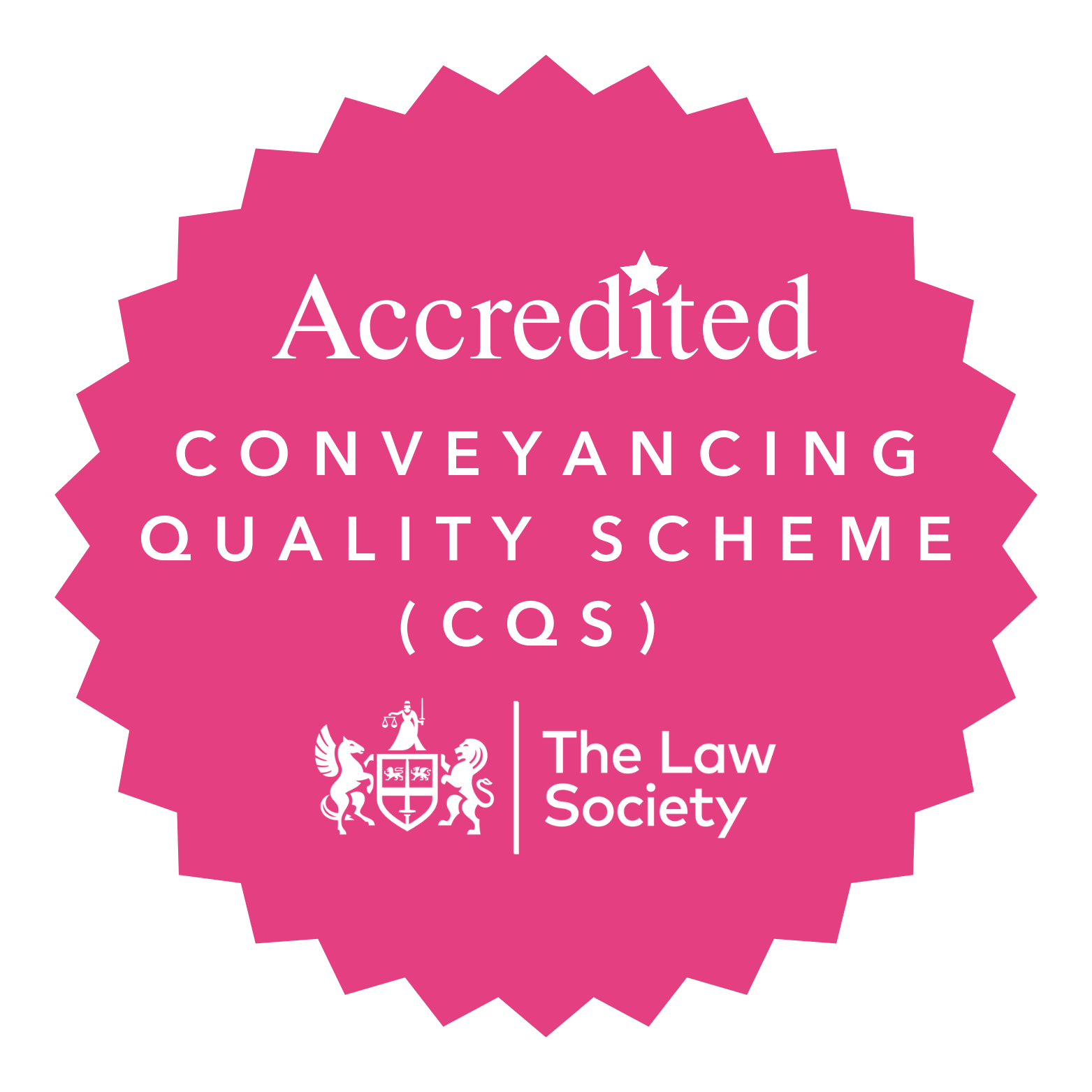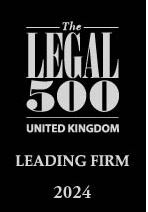The Crime Survey for England and Wales estimated that 2.1 million people aged 16 years and over (1.4 million women and 751,000 men) experienced domestic abuse in the year ending March 2023.
Domestic abuse can include, but is not limited to:
- physical or sexual abuse
- violent or threatening behaviour
- controlling or coercive behaviour
- financial abuse
- harassment
- psychological, emotional
or other abuse between people who are or were in a relationship with each other or any family members over the age of 16.
Pickerings Solicitors family lawyers are here to help victims, offering swift legal guidance to ensure protection from further harm.
If you are a victim of abuse, it is crucial to report it to the authorities as soon as possible. We understand that those facing abuse may hesitate, fearing that speaking up could make things worse. However, taking action promptly is vital, and we're here to support you every step of the way.
We can help you apply for an injunction in the form of a Non-Molestation Order or Occupation Order if appropriate.
A Non-Molestation Order will stop someone from using violence or threatening you or your children, or harassing, or molesting you and your children. Breaching this order results in immediate arrest.
An Occupation Order determines who will live at the family home and is sometimes used to exclude a person or to set rules to enable the property to be shared.
Our specialist family lawyers are ready to advise you on legal options, swiftly initiating injunction proceedings based on your case's circumstances to secure court protection.
If you or someone you know is experiencing domestic abuse, reach out today. Our family lawyers are able to provide support and signpost you to emergency protection to allow you to feel safe and recover from the impact of domestic abuse.
In urgent situations, dial 999 for immediate police assistance or call the National Domestic Violence Helpline at 0808 2000 247. Visit www.nationaldahelpline.org.uk for additional resources.
We offer legal aid, specifically for cases involving children disputes. Visit our Legal Aid page for guidance on accessing financial support. Your safety is our priority, and our team is here to support you every step of the way.
For further details contact Susan Davies on 01827 317070 or sdavies@pickerings-solciitors.com
What is a non-molestation order?
This order protects you or your child from being harmed or threatened by the abuser. It also states that they cannot come within a specified radius of your home or other designated premises.
You can apply for a non-molestation order if you’re a victim of domestic abuse and the person you want to be protected from (‘the respondent’) is:
- someone you’re having or have had a relationship with
- a family member
- someone you’re living or have lived with.
What is an occupation order?
This order has the power to decide who lives at the property and can exclude one party from residing in a home or coming within a defined radius of it.
You can apply if:
- you own or rent the home and it is, was, or was intended to be shared with a husband or wife, civil partner, cohabitant, family member, person you’re engaged to or parent of your child
- you do not own or rent the home but you’re married or in a civil partnership with the owner and you’re living in the home (known as ‘matrimonial home rights’)
- your former husband, wife or civil partner is the owner or tenant, and the home is, was, or was intended to be your shared matrimonial home
- the person you cohabit or cohabited with is the owner or tenant, and the home is, was, or was intended to be your shared home
What is a prohibited steps order?
A Prohibited Steps Order is issued by a court and is a protective measure to stop someone from doing specific things or making certain decisions about a child. It's meant to safeguard the child's well-being and protect the rights of the other parent by limiting actions that could be harmful to the child's best interests. This might include preventing a parent from moving with the child without agreement, making big decisions about education or health on their own, or limiting contact with certain people. If you're worried about your children's safety in a situation involving domestic abuse, our solicitors can help you get a Prohibited Steps Order.
How long do orders last for?
Once an order is in place, the duration usually lasts between six or twelve months or until the conclusion of other family proceedings. If the other party persists in causing issues, extensions are possible.
Are there organisations that can offer advice on domestic abuse?
If you are in immediate danger, please call 999 and ask for the police.
You can also call;
National Domestic Violence Helpline on 0800 970 2070.
Refuge, help and support for National Domestic Abuse
Women’s Aid directory of local support
The Men’s Advice Line, for male domestic abuse survivors – 0808 801 0327 (run by Respect)
The Mix, free information and support for under 25s in the UK – 0808 808 4994
National LGBT+ Domestic Abuse Helpline – 0800 999 5428 (run by Galop)
Samaritans (24/7 service) – 116 123
What is coercive control?
Coercive control ranges from financial control to isolating individuals from their support networks. This type of control involves a series of acts, including assault, threats, humiliation, and intimidation, strategically employed by abusers to harm, punish, or frighten survivors. Importantly, it is not a one-time occurrence but rather a deliberate pattern of behaviour.
Controlling or coercive behaviour within an intimate or familial relationship is a crime, and perpetrators can be prosecuted for their actions.
Identifying coercive control can be challenging, so we've compiled a set of questions to assist you in recognising the signs:
What are the key signs of coercive control?
Look for these signs:
- Isolation: Are you being kept away from friends or family?
- Monitoring: Is someone watching your activities excessively, both online and offline?
- Financial Control: Are you restricted in accessing money or given only a small allowance?
- Basic Needs: Are you prevented from meeting basic needs like food, water, or shelter?
- Manipulation: Is someone dictating your daily routine, sleep, or what you wear?
- Emotional Abuse: Do you face constant demeaning language or insults?
- Threats: Are there threats, intimidation, or blackmail creating fear?
- Forced Activities: Are you being forced into criminal activities?
- Physical or Sexual Violence: Do you experience force or threats in these areas?
- Threats to Others: Is harm threatened against your children, family, or friends?
- Privacy Threats: Are there threats to reveal private information against your will?
- Work and Transportation: Is access to work or transportation restricted?
It's important to note that in the eyes of the law, coercive control, gaslighting, and emotional abuse are considered offences of domestic abuse. These involve a series of assaults, threats, humiliation, and intimidation, intending to harm, punish, or frighten the victim. The purpose is to control and manipulate the victim, fostering self-doubt and confusion. If you recognise these behaviours, seeking help is crucial for breaking free from coercive control.
Can I face coercive abuse after divorce?
Post-separation abuse is regrettably common, even within the divorce process after physical separation has occurred. Coercive control can manifest in various ways, including providing false information or lying in court. Children and child arrangements may be exploited as a means of abuse, restricting your contact with your child. The abuser might make false claims of parental alienation, accusing you of alienating the children from the other parent. Additionally, they may undermine your version of events, casting doubt on your recollection and perspective. Financial abuse can also happen after separation, impacting your financial stability. It is important to seek legal advice or reach out for help in these situations.
Call our family law team in confidence on 01827 317070 or email sdavies@pickerings-solicitors.com



